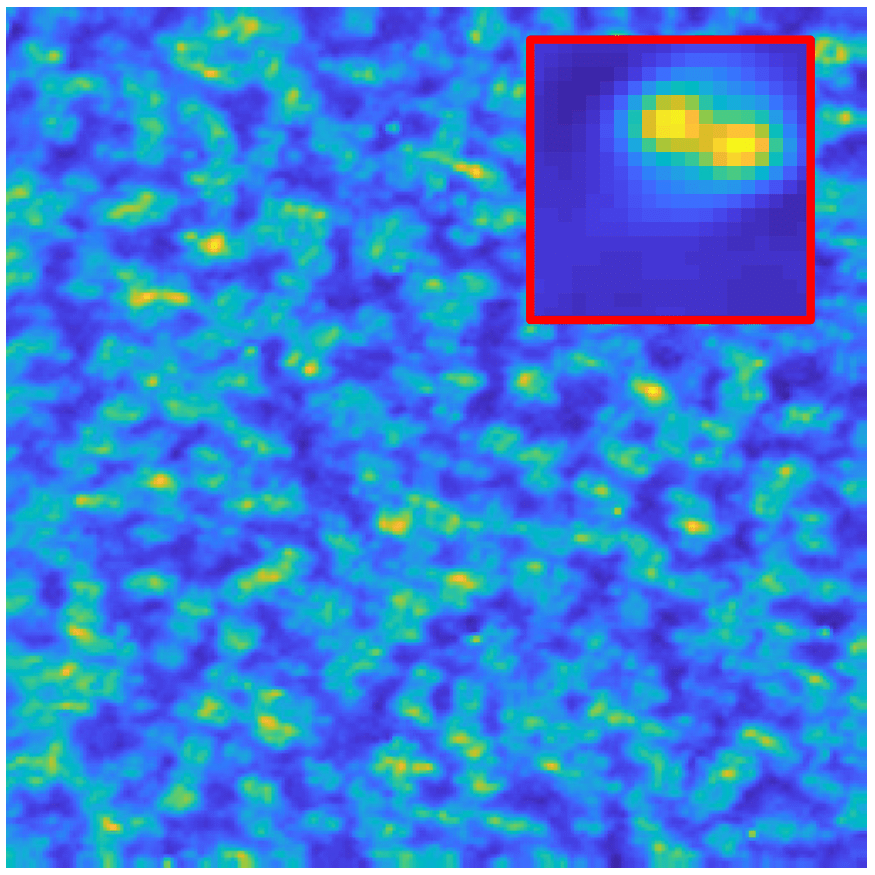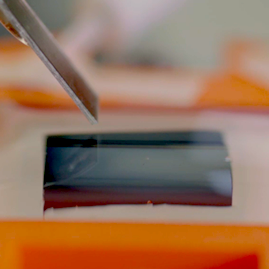I am an ML scientist with PhD form Columbia University advised by professor John Wright and involved in active research with professor Daniel Esposito. My research is focused on developing and understanding methodologies for data analysis, I am specifically interested in analyzing machine learning algorithms for scientific or visual data processing, and understanding effective optimization methods in large scale.
My projects during my graduate study involved building mathematical understanding toward deconvolution problems, which is a challenging, recurrent, and long-standing problem in engineering and science; in addition I conducted interdisciplinary research with chemistry department on efficient microscopic imaging in which we built a novel microscope that accelerate the scanning speed many times faster. Technically speaking, these projects are intersection of high-dimensional data analysis, non-convex optimization, statistics of large sample phenomenon, and theories of inverse problem.
About what I am doing after finishing my graduate study, and the ever longest year of 2020, I join Google and focus on the development of online and reinforcement machine learning model, as well as on the research studies of the related optimization algorithms with practical applications in large scale. In the future, I will keep updating my new none-work-related findings on online optimization in my pages and hopefully you will find interest in.
Projects
Short-and-Sparse Deconvolution
 |
Datasets in many areas can be effectively expressed as convolution of a short pattern and sparse map represents occurrences of the pattern. We study an algorithm for solving deconvolution of short-and-sparse signal, providing a theoretical understanding and general purposed computational method. |
Microscope with Line Probe
 |
We study the use of line probe in microscopy for structured signal. Unlike conventional point probe, a single line probe measurement is the accumulated electric current between the contact surface of the line shaped probe and sample. The line probe measurements are delocalized and hence more efficient. |
Selected Papers
Geometry and Symmetry in Short-and-Sparse Deconvolution
SIAM Journal on Mathematics of Data Science, 2020
paper arXiv bibtex poster slides
Compressed Sensing Microscopy with Scanning Line Probes
In review, 2019
Scanning Line Probe Microscopy: Beyond the Point Probe
Analytical Chemistry, 2018
Contacts
Email: hk2673@columbia.edu